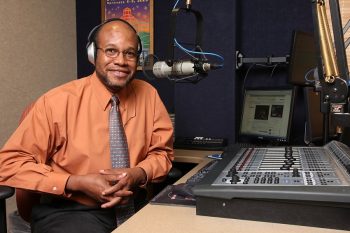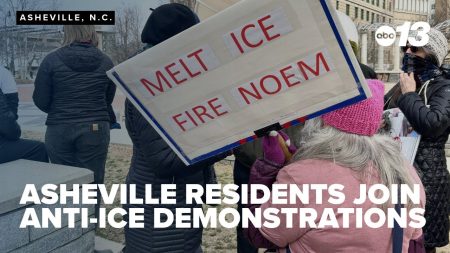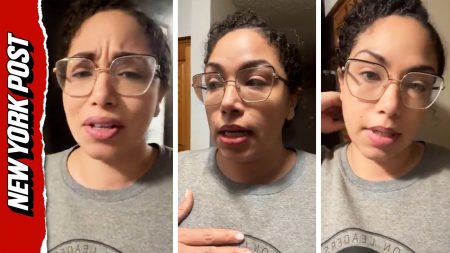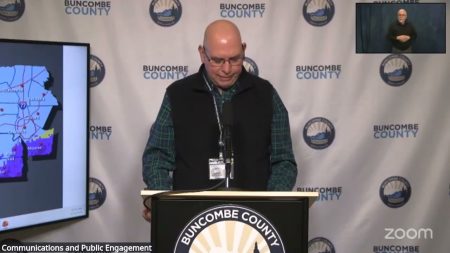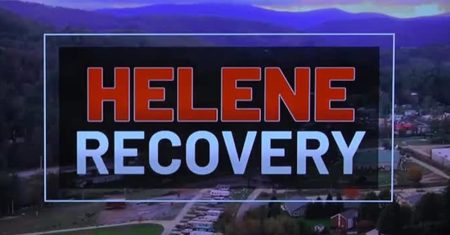Education and Freedom
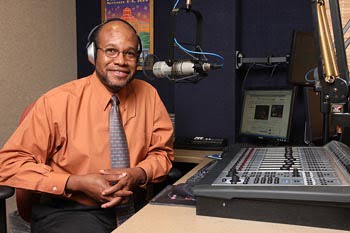
by Errington C. Thompson, MD
Wow, it has really been an amazing several weeks. First, on April 15, during the Boston Marathon, two bombs were set off at the finish line. The bombs killed three and injured more than 200.
Just a few short days later in West, Texas, the West fertilizer plant exploded: 15 people were killed and more than 200 are injured. The explosion was so powerful that houses shook more than 50 miles away. An amazing gathering at the George W. Bush library at which President Barack Obama as well as all his living predecessors – Carter, Bush 41, Bush 43, and Clinton – were in attendance. Here at home, some pipe broke and caused over 1,000,000 gallons of raw sewage to be dumped in our French broad River.
I’m not suggesting that these incidents are related. Instead, I think it is clear that we can easily get overwhelmed by the amount of data that is bombarding our brains every day. Our natural reaction is simply to turn it off. Unfortunately, in these confusing times, it is critically important for us to be engaged.
President George W. Bush spent a good deal of time during his opening remarks talking about freedom. The former president said, “My deepest conviction, the guiding principle of the administration, is that the United States of America must strive to expand the reach of freedom.”
Freedom, according to Merriam-Webster, is the absence of necessity, coercion, or constraint in choice or action. Freedom can also be defined as “liberation from slavery or restraint or from power of another.”
Freedom is an odd concept, one that must be a balancing act. If I’m free to do whatever I want, that really doesn’t mean I’m free to punch you in the nose, does it? After all, shouldn’t you have freedom from my random punches?
We, as Americans, should be free from bombing attacks. So, it seems to me, in order to prevent bombing attacks, it would be reasonable for us collectively to limit the amount of gunpowder sold to an individual.
Such limits would, of course, curtail that individual’s freedom – but they would also increase ours, by decreasing the risk of the rest of us being blown up.
At the same time, the good Americans of West, Texas, should be free from what appears to be a completely preventable industrial accident. By enacting and enforcing simple common-sense legislation (limits on storing ammonium nitrate, prohibitions against locating schools or apartment buildings within a mile of the fertilizer plant, requiring a high capacity fire suppression system), this disaster probably could’ve been avoided.
In my mind, freedom has to be tied with life, liberty, and the pursuit of happiness. Freedom has nothing to do with corporations or businesses. On the other hand, freedom has everything to do with education. In our society, one of the greatest determinants of self-worth and happiness is education. A poor education limits your ability to obtain a good job, live in a good neighborhood and provide for your family. A good education opens up possibilities, and it should not be limited to those of privilege. A good education must be available to all Americans in order for us to truly say that we have a free society.
Our fundamental right to a good education is being attacked from all sides. On the federal level, the sequester is kicking young people out of Head Start. Very few government programs have been as successful as Headstart, which, simply put, gives children an opportunity to be successful.
On the state level, over $1 billion has been cut from the education budget. Simply asking our teachers to do more and more with less and less must, at some point, become unacceptable. We know that various studies have proven that smaller class sizes allow teachers and students to prosper: there is no debate. You don’t have to be a genius to understand that a teacher who has 50 students in the classroom is not going to be as effective as a teacher with eight to 10 students in the classroom. Lawmakers standing around wringing their hands complaining that we don’t have the money are simply being disingenuous. Corporate profits are higher than ever; just last week, the Dow Jones industrial average hit an all-time high of 15,000.
We have the money. We simply don’t want to demand that those who have the most money put some of it to work helping those who have the least. We don’t want to use money that’s available on improving our schools. After all, children don’t vote, and they certainly can’t give hundreds of thousands of dollars to lawmakers’ election campaigns. Can they?
To my mind, freedom and education go together – hand-in-hand. As a country, we must decide whether we truly believe in individual freedom. If we do – if we believe in freedom, and if we value it, we will return to funding education like our freedom depends on it. Because it does.


